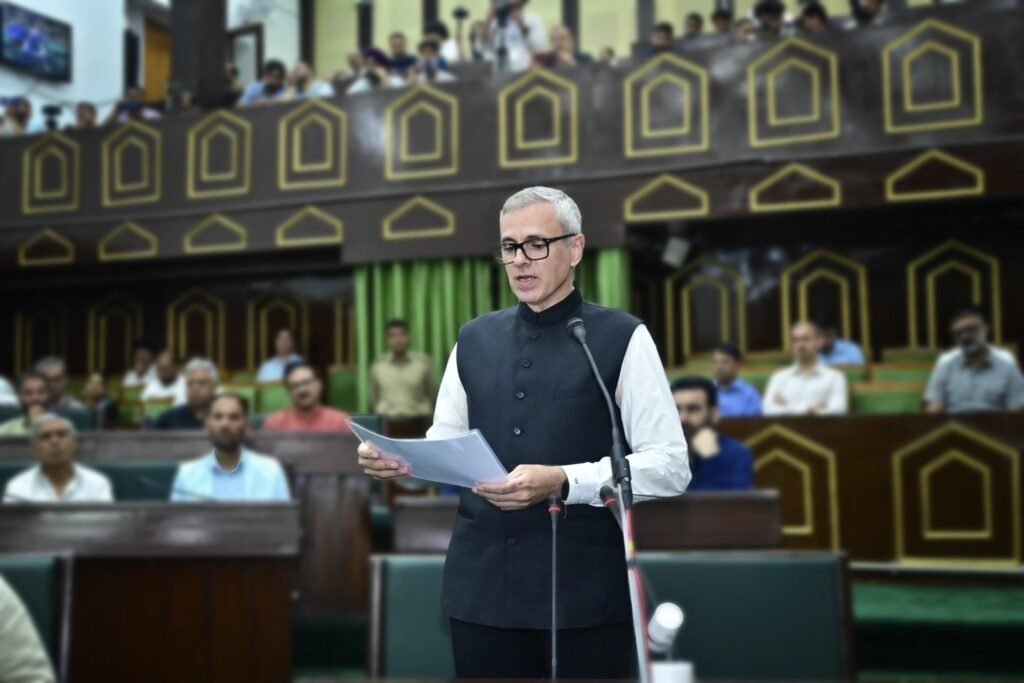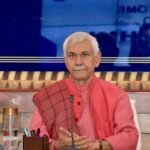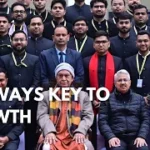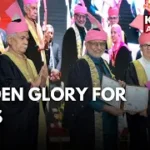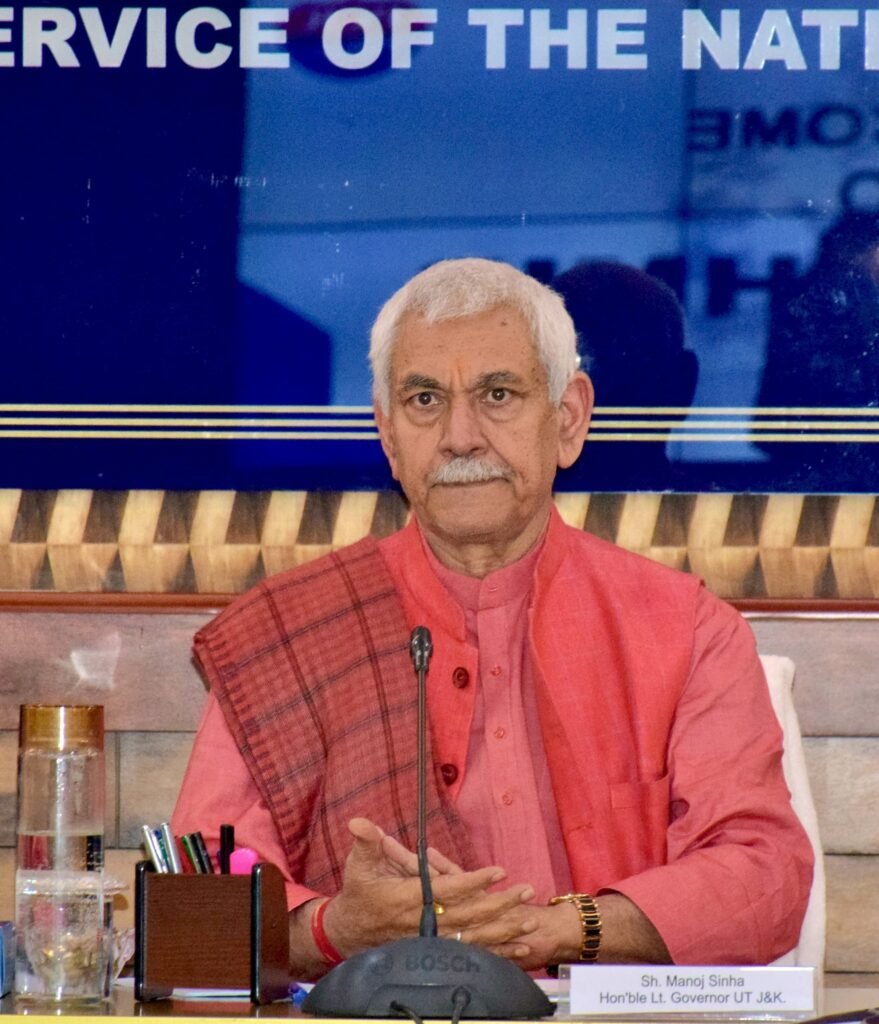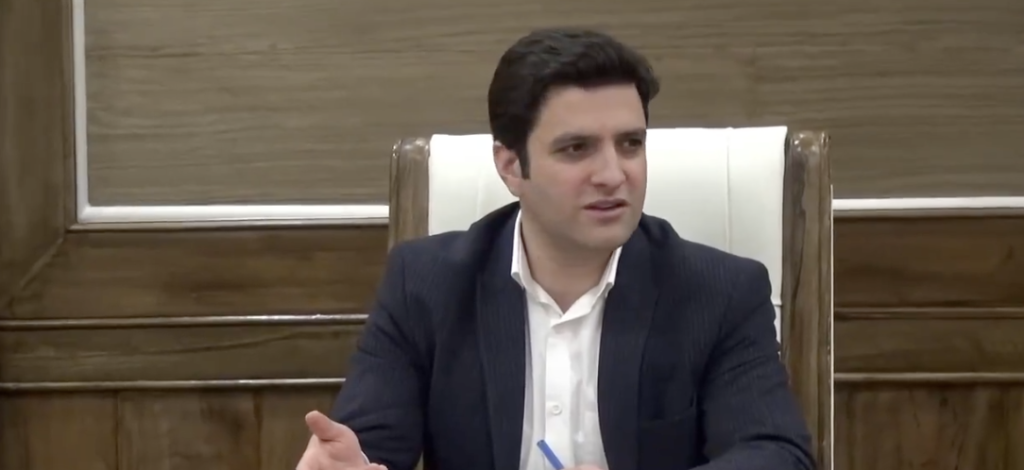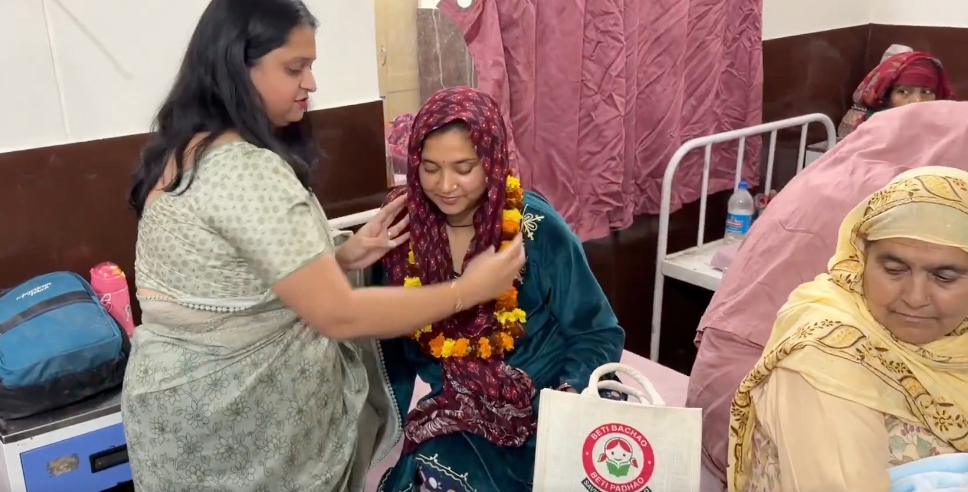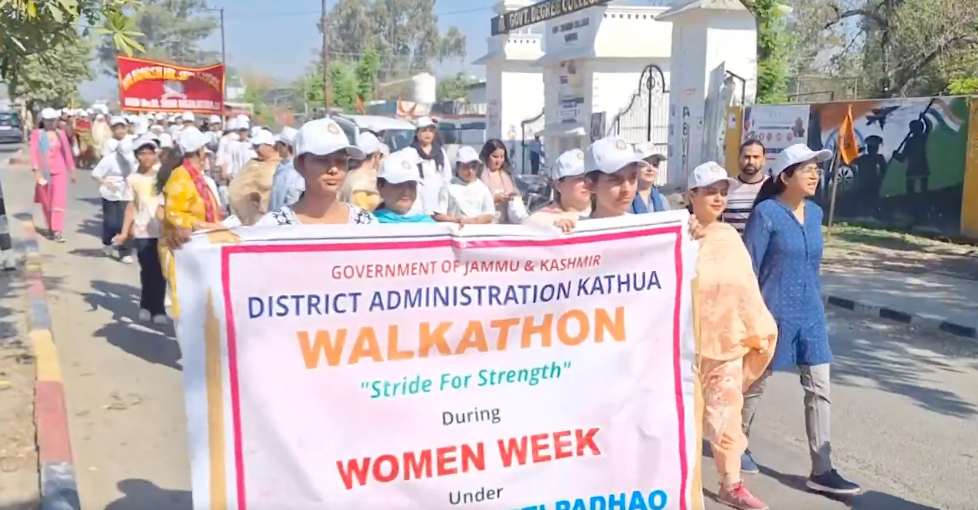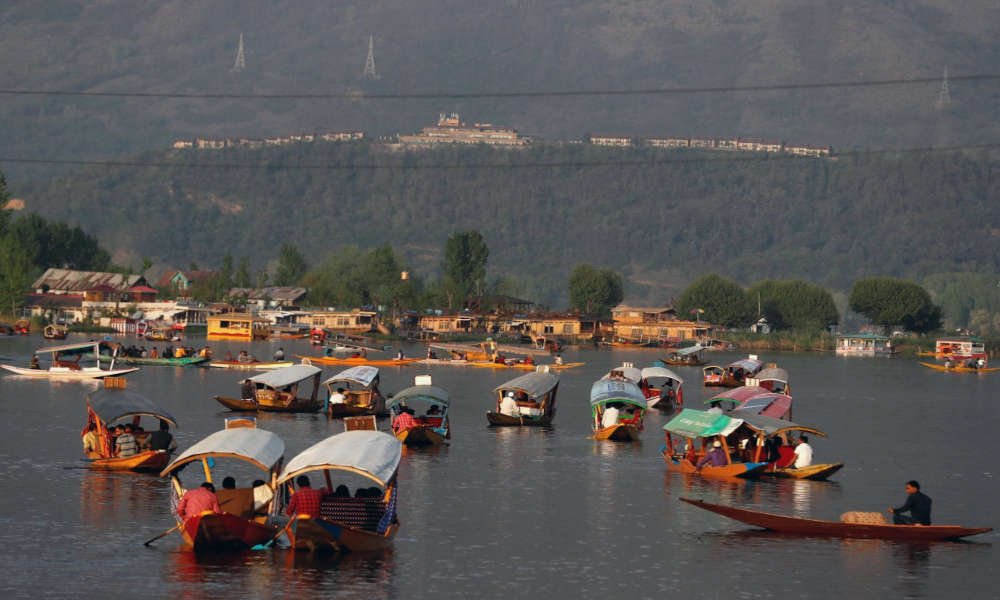Srinagar, Jammu & Kashmir, April 28, 2025 – Jammu and Kashmir Chief Minister Omar Abdullah expressed profound sorrow and issued a heartfelt apology for the tragic Pahalgam terror attack at Baisaran meadow, where 26 civilians, including 25 tourists and one local, were killed on April 22, 2025. Addressing a special session of the J&K Legislative Assembly, Abdullah acknowledged the failure to ensure the safety of visitors, reflecting on the region’s history of such incidents and pledging a resolute response to combat terrorism.
The attack, one of the deadliest in the Kashmir Valley since the 2019 Pulwama strike, saw terrorists, including three Pakistan-based operatives linked to Lashkar-e-Taiba, target tourists at Baisaran, a picturesque meadow in Anantnag district. The assailants, who trekked from Kokernag forests, opened fire, killing mostly holidaymakers and a heroic local pony operator, Syed Adil Hussain Shah, who attempted to disarm a terrorist to save tourists. Abdullah, visibly moved, saluted Shah’s bravery, announcing plans to reward his family and preserve his legacy as a symbol of Kashmiriyat.
“I am deeply sorry for failing to protect our guests,” Abdullah said, standing alongside MLAs during a moment of silence for the victims. “This attack is an abomination, and we must ensure it never happens again. While we condemn this heinous act, we must avoid actions that alienate innocent Kashmiris.” His apology came amid a massive security crackdown, with the National Investigation Agency (NIA) probing the attack and the demolition of homes linked to the terrorists, including local operative Adil Hussain Thokar.
Abdullah urged caution to prevent collateral damage to innocent Kashmiris, a sentiment echoed by PDP chief Mehbooba Mufti and People’s Conference leader Sajad Lone. He also dismissed Pakistan Prime Minister Shehbaz Sharif’s offer for a “neutral probe,” questioning its credibility given Pakistan’s initial denial of involvement. “Those who blamed us cannot be trusted to investigate transparently,” he remarked, referencing the attack’s cross-border links.
The special assembly session unanimously passed a resolution condemning the attack as a “direct assault on the values of Kashmiriyat and the idea of India.” It extended condolences to the bereaved families and supported the Union Government’s measures, including the suspension of the Indus Waters Treaty and visa restrictions for Pakistani nationals. Abdullah also addressed the exodus of tourists, calling it “heartbreaking” and urging visitors not to abandon Kashmir, as it would “let our enemies win.”
The attack has sparked nationwide outrage, with protests in cities like Ranchi and London, and global condolences from leaders in the United States, Canada, and Thailand. Prime Minister Narendra Modi, in his Mann Ki Baat address, vowed to “hunt down every terrorist and their backer,” while Rahul Gandhi, after meeting Abdullah in Srinagar, emphasized unity to defeat terrorism.
Abdullah’s apology and call for justice reflect a delicate balance between combating terrorism and preserving communal harmony. As the NIA leverages critical evidence, including a tree-top video and an Army officer’s testimony, the region braces for intensified security measures to restore peace and protect its tourism-driven economy.

